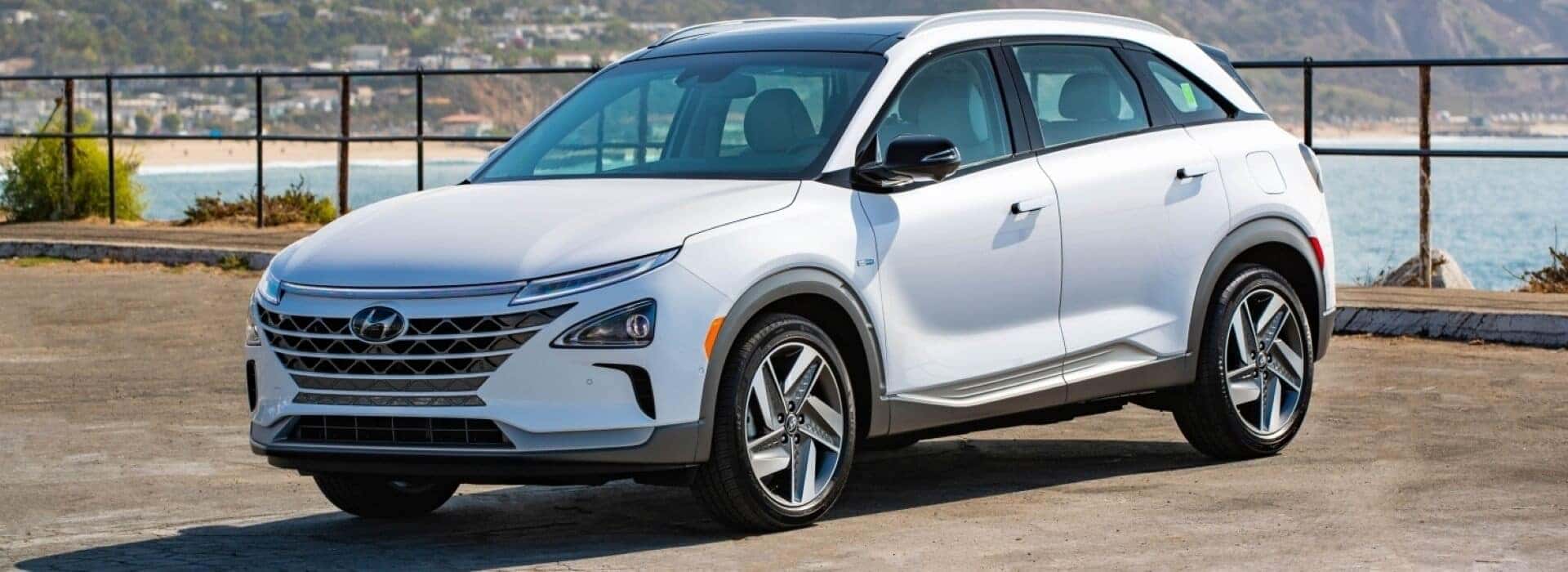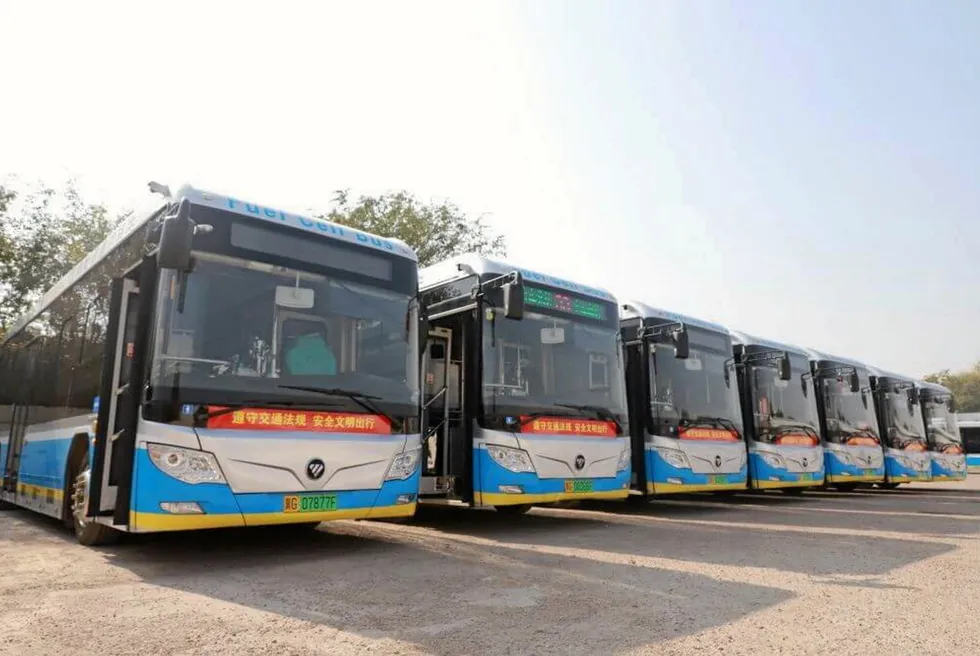Hydrogen vehicles continue to falter in their pursuit of mainstream success, with global registration figures showing a significant drop. According to data from the Korean consulting firm SNE Research, the first half of 2024 saw a steep decline in new hydrogen vehicle registrations worldwide.

In the first six months of 2024, only 5,621 hydrogen vehicles were newly registered globally, representing a 34 percent decrease compared to the same period last year. This is a sharp decline from the 8,524 new fuel cell vehicles (FCEVs) registered in the first half of 2023. The trend of decreasing numbers is part of a broader downturn, with 2023 seeing a total of 16,413 new FCEVs, down significantly from the record-setting 20,704 new FCEVs in 2022.
Among the few manufacturers of hydrogen-powered passenger vehicles are Hyundai and Toyota, both of which experienced substantial drops in FCEV sales during the first half of 2024. Hyundai’s sales fell by 42.6 percent, while Toyota’s decreased by 44.9 percent. Similarly, the sales of hydrogen-powered commercial vehicles from China also declined, with 2,478 new registrations marking a 17.3 percent decrease.
Despite the overall global downturn, China has emerged as the largest FCEV market this year. With 2,501 new FCEVs registered, China holds a commanding 44.5 percent share of the global market. The other major markets include Korea (1,742 new FCEVs, down 41.8 percent), Europe (594 new FCEVs, down 21.5 percent), the USA (322 new FCEVs, down 82.4 percent), and Japan (440 new FCEVs, up 117.8 percent).

Reasons of decline in global registration of hydrogen fuel cell cars
The global registration of hydrogen fuel cell cars has decreased recently due to several key factors. One significant reason is the high cost of production and infrastructure. Hydrogen fuel cell vehicles (FCVs) require expensive materials like platinum for their fuel cells, making them more costly to produce compared to battery electric vehicles (BEVs). Additionally, the infrastructure for hydrogen refueling stations is not as widespread or developed as the charging network for electric vehicles. This lack of infrastructure makes it less convenient for consumers to own and operate hydrogen fuel cell cars, leading to lower adoption rates.
Another contributing factor is the rapid advancement and adoption of battery electric vehicles. BEVs have seen significant improvements in range, charging times, and overall performance, making them more attractive to consumers. Governments and manufacturers have also heavily invested in BEV technology and infrastructure, further accelerating their adoption. As a result, hydrogen fuel cell cars face stiff competition from BEVs, which are often seen as a more practical and cost-effective solution for reducing carbon emissions in the transportation sector. This competitive landscape has led to a decline in the sales and registration of hydrogen fuel cell vehicles globally.





